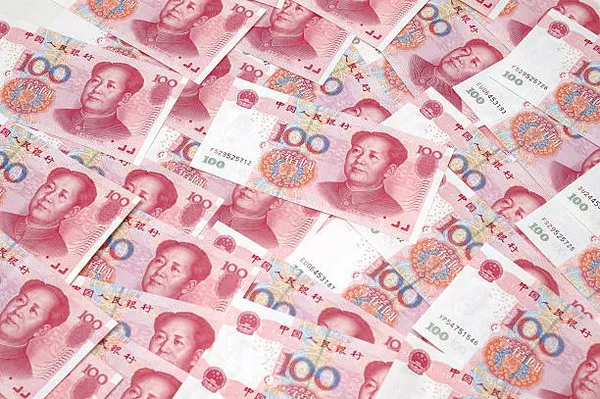Chinese regulators are increasingly concerned about the impact of a strengthening yuan on exporters, as the yen carry trade faces significant challenges in global currency markets. The Bank of Japan’s interest rate hike on July 31 has led to a 6% rally in the yen over the past 22 days, disrupting foreign exchange markets and putting upward pressure on the yuan.
Historically, Japan’s prolonged zero interest rates made it the world’s top creditor nation, with investors borrowing yen to invest in higher-yielding assets. This strategy, highly susceptible to yen fluctuations, is now causing global market turbulence as the yen strengthens.
The yuan’s rise, driven by the yen’s appreciation, poses challenges for Chinese President Xi Jinping. A stronger yuan could complicate the financial obligations of Chinese property developers with foreign-currency debt and potentially upset U.S.-China relations during a contentious election cycle. It might also hinder Beijing’s efforts to bolster the yuan’s credibility and compete with the dollar.
Economist Guan Tao, formerly of China’s State Administration of Foreign Exchange (SAFE), suggests that if the yuan strengthens by 3% to 4%, investors might close their carry trade positions rapidly. Guan, now chief economist at Bank of China International, believes Beijing will allow some yuan appreciation to mitigate capital outflows but warns that excessive strengthening could create significant economic challenges.
The Chinese government’s recent decision to withhold high-frequency data reflects concerns over capital outflows and market volatility. As the yuan continues to strengthen, the situation could pose substantial difficulties for China’s economy, potentially complicating efforts to manage financial stability and growth.


